#grey romance
Explore tagged Tumblr posts
Text
°¤ SCENE OC ¤°



close ups


funfact: rivaan has a pale <> crush on her auspictice


#homestuck#redesign#art#drawing#homestuck oc#ship art#page of blood#scene kid#headcanon#auspisticism#pale romance#grey romance#nurse#doctor#homestuck art
21 notes
·
View notes
Text
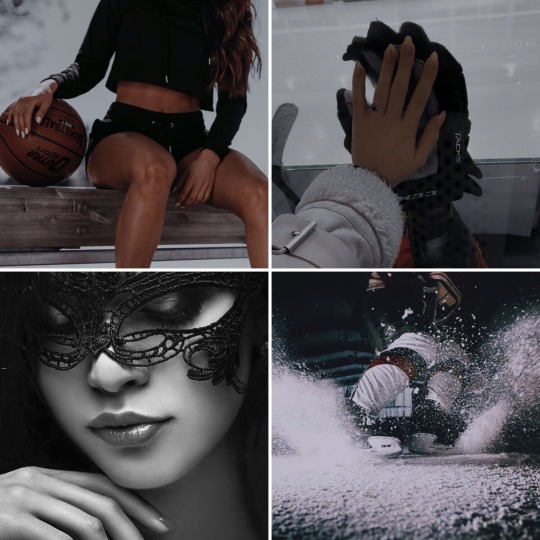
“I’m serious, Josslyn. You own me,” I tear, my voice hoarse. “My love for you is a living thing inside me. You’re everywhere all the time-on my mind, in my blood, in my bones. I don’t think we can get much closer than that.”
#book quotes#bookaddict#bookworm#pictures from pinterest#booklover#bookish#romancenovel#spicy books#2024 reading goals#2024 readings#when we lied#claire contreras#finn x josslyn#hockey romance#grey romance#obsessive love#obsessive mmc#mystery
1 note
·
View note
Text
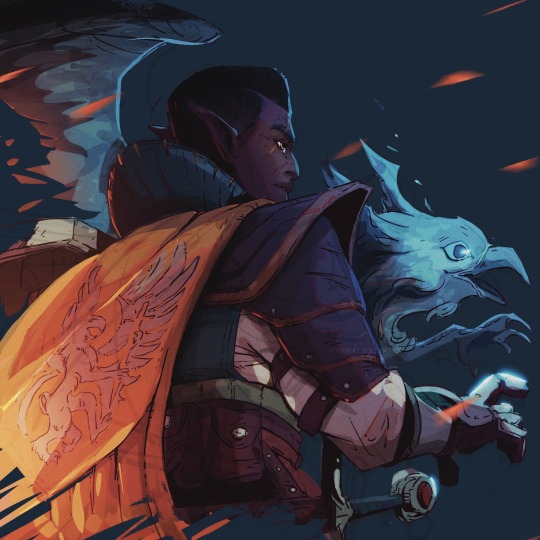
#dragon age#1day1character#dragon age the veilguard#Davrin#Assan#grey warden#redraw kinda??? didn’t like the first Davrin I drew month ago#fave character#my rook’s romance
3K notes
·
View notes
Text
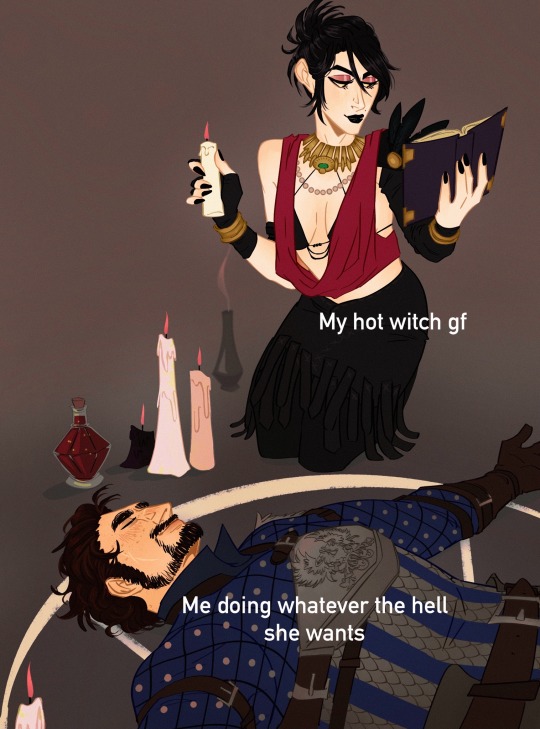
"the mages always betray you!!" NOT morrigan. not with that attitude
#dragon age#dragon age: origins#da:o#morrigan#warden amell#grey warden#rhys amell#romancing morrigan this time around…. i will literally do whatever the hell she wants#my art
8K notes
·
View notes
Text
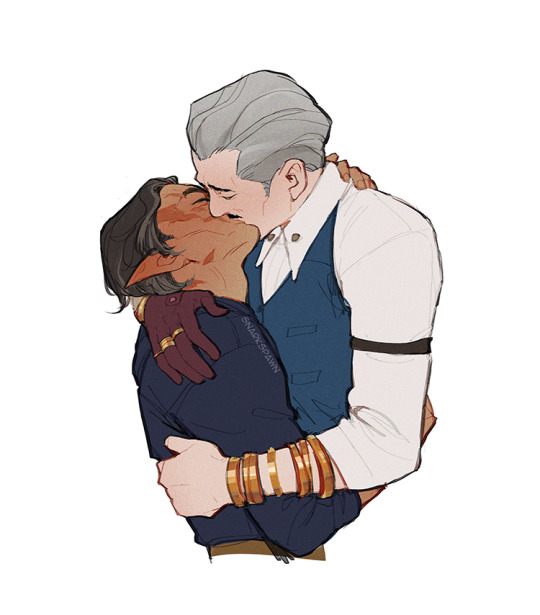
anyway I'm going for some old man yaoi next
#dragon age#veilguard#dragon age the veilguard#emmrich volkarin#rook#dragon age rook#emmrook#rune thorne#grey warden#da4#userpharawee#or at least I'm TRYING#closing my eyes and covering my ears every time lucanis is on screen lmao#anyway yes I made an old man warden#well I say old man but he's probably like early 50s#ngl it's hilarious how varric calls him 'kid' and the first warden called him a 'delusional boy'#but I'm having fun and I AM really looking forward to the emmrich romance#I love that old man
1K notes
·
View notes
Text

Don’t worry, Assan very happily gets the armchair in front of the fire all to himself.
#can they still dream if they’re already in the fade? 🤔#who’s to say#Enoch Mercar#dragon age#dragon age fanart#grey warden#rook x davrin#davrin#da:tv#da: the veilguard#dragon age veilguard#da4#da4 davrin#rook mercar#assan the griffon#assan dragon age#Assan#davrin romance#Mercar x davrin#veilguard fanart#dalish rook
1K notes
·
View notes
Text









Lady Jane Grey & Lord Guildford Dudley in MY LADY JANE (2024)
#my lady jane#lady jane grey#lord guildford dudley#jane x guildford#amazon#amazon prime#emily bader#edward bluemel#tv gifs#tvedit#dailytvfilmgifs#romancegifs#dailytvedit#fantasy romance#romantasy#book adaptation#mine#adaptationsdaily
3K notes
·
View notes
Text









jane & guildford + soft touches
#my lady jane#myladyjaneedit#jane x guildford#lady jane grey#guildford dudley#myladyjanecentral#janefordarchive#perioddramaedit#mine*#this is the thing i'm sensitive about 😔#the 4th and 5th ones 😵💫😵💫😵💫😵💫#they're insane#it's little things like this that really sell a romance to me#the way he traces her face. what if i cry
2K notes
·
View notes
Text








Janeford ~ Saying “what” 💜
#don’t say pardon say what#my lady jane#janeford#love love love this show#jane grey#guildford dudley#emily bader#edward bluemel#my lady jane parallels#my lady jane gifs#amazon prime#romance#jane x guildford#guildford x jane
2K notes
·
View notes
Text
I feel like we all moved on from the line " as angels made from neon and fucking garbage scream out" like what??? If I could actually draw this concept would be devastating and I don't know how to explain it
#mcr#my chemical romance#danger days#danger days the true lives of the fabulous killjoys#grey's thoughts#gerard way#frank iero#mikey way#ray toro#na na na
604 notes
·
View notes
Text
Hhhhh I love auspicitism! And there's so little content!! Please join us and give more love to this undervalued quadrant!!!
The contributor applications are now open from now until the 31st!!!
Get your clover shirts on get ready for some Auspistism!!
#homestuck#auspistice#clubs#ashen romance#ash romance#grey romance#gray romance#ashrom#greyrom#grayrom
33 notes
·
View notes
Text









Look, spaghetti arms. This is my dance space. This is your dance space. I don't go into yours, you don't go into mine. You gotta hold the frame.
DIRTY DANCING
━ 1987 (dir. Emile Ardolino)
#dirty dancing#tusercarol#userthing#usersavana#userharumi#userelliee#userannalise#usergiu#tuserhan#1980s#patrick swayze#jennifer grey#filmedit#ours#*#romance#drama#by lolo#is this a draft from dec23 no it isn't
548 notes
·
View notes
Text
Villains vs. Antagonists (Guide For Writers)
Hey there, fellow writers and wonderful members of the writeblr community! 📚✍️ It's Rin here and...
Today, we're diving into a topic that's close to many writers' hearts: villains and antagonists. These characters often steal the show, driving our plots forward and giving our heroes something to push against. But here's the thing – while these terms are often used interchangeably, they're not quite the same. So, let's unpack this, shall we?
First things first, let's break down the difference between a villain and an antagonist. It's a distinction that can really elevate your storytelling game!
An antagonist is simply a character (or force) that opposes your protagonist. They're the obstacle, the challenge, the thing standing in the way of your main character achieving their goal. Here's the kicker: an antagonist doesn't have to be evil. They could be a rival love interest, a stern parent, or even nature itself.
A villain, on the other hand, is a specific type of antagonist. They're the bad guy, the evildoer, the character with malicious intent. All villains are antagonists, but not all antagonists are villains. Mind-blowing, right?
Let's look at some examples to make this clearer:
In "Romeo and Juliet," the feuding families are antagonists, but they're not villains. They oppose the protagonists' desire to be together, but they're not evil.
In "Harry Potter," Voldemort is both an antagonist and a villain. He opposes Harry (making him an antagonist) and he's also evil (making him a villain).
In "Cast Away," the island and the challenges of survival are the antagonists. There's no villain in sight!
Now that we've got that sorted, let's dive deeper into how to create these characters and use them effectively in your writing.
Creating Antagonists:
Define their opposition: What specifically does your antagonist do to oppose your protagonist? This could be physical, emotional, or ideological opposition.
Give them a reason: Why are they standing in your protagonist's way? Even if it's not justified, there should be a reason that makes sense to the antagonist.
Make them strong: Your antagonist should be a worthy opponent. They need to pose a real challenge to your protagonist to keep things interesting.
Consider their perspective: Remember, your antagonist is the hero of their own story. Try writing a scene from their point of view to understand them better.
Create contrast: Your antagonist should in some way contrast with your protagonist. This could be in values, methods, or personality.
Creating Villains:
Establish their evil: What makes your villain "bad"? Is it their actions, their beliefs, or both?
Develop their backstory: How did they become evil? A compelling villain often has a tragic or twisted history.
Give them dimensions: Pure evil can be boring. Give your villain some complexity – maybe they love their cat or have a soft spot for classical music.
Create a strong motivation: What drives your villain? Greed? Revenge? A twisted sense of justice? The stronger and more relatable the motivation, the more compelling your villain will be.
Make them smart: Your villain should be clever enough to pose a real threat. They should be able to anticipate and counter your protagonist's moves.
Now, let's talk about how to use these characters in different genres. Because let's face it, a villain in a romance novel is going to look very different from one in a fantasy epic!
In Romance: Antagonists in romance are often rivals for the affection of the love interest, or perhaps societal norms or family expectations standing in the way of true love. Villains are less common, but when they appear, they might be abusive exes or manipulative friends trying to sabotage the relationship.
Tip: In romance, make sure your antagonist's motivations are clear and relatable. We should understand why they're opposing the main relationship, even if we don't agree with their methods.
In Fantasy: Fantasy is ripe for both antagonists and villains. You might have a Dark Lord seeking to conquer the world (classic villain) or a rival magic user competing for the same goal as your protagonist (antagonist).
Tip: In fantasy, world-building is key. Make sure your antagonist or villain fits logically into the world you've created. Their powers, motivations, and methods should all make sense within the rules of your fantasy realm.
In Mystery/Thriller: In these genres, your antagonist is often the perpetrator of the crime your protagonist is trying to solve. They might not be evil (maybe they committed a crime of passion), or they could be a full-fledged villain if their crimes are particularly heinous.
Tip: In mysteries, your antagonist needs to be clever enough to challenge your detective protagonist. Leave subtle clues about their identity or motives, but make sure they're smart enough to almost get away with it.
In Literary Fiction: Here, antagonists are often more abstract. They might be societal expectations, personal flaws, or even time itself. Villains in the traditional sense are less common, but morally grey characters who oppose the protagonist are frequent.
Tip: In literary fiction, focus on the nuances of your antagonist. They should be as complex and flawed as your protagonist, with their own rich inner life.
In Sci-Fi: Science fiction offers a wide range of possibilities for antagonists and villains. You might have alien invaders, oppressive governments, or even well-meaning scientists whose creations have gone awry.
Tip: In sci-fi, make sure your antagonist or villain is consistent with the technological and social aspects of your imagined world. Their methods and motivations should make sense within the context of your sci-fi setting.
Now, let's dive into some tips to make your antagonists and villains the best they can be in your novel:
Make them believable: Whether you're writing a mustache-twirling villain or a morally grey antagonist, their actions and motivations should make sense within the context of your story and their character.
Give them a personal connection to the protagonist: The conflict becomes much more engaging when it's personal. Maybe your antagonist and protagonist used to be friends, or they're fighting over the same goal.
Show their impact: Don't just tell us your antagonist is a threat – show us the consequences of their actions. Let us see how they affect your protagonist and the world of your story.
Give them wins: Your antagonist or villain should have some successes along the way. If they're always failing, they won't seem like a credible threat.
Humanize them: Even if you're writing a truly evil villain, give them some humanizing traits. Maybe they have a pet they dote on, or a tragic backstory that explains (but doesn't excuse) their actions.
Make them adaptable: A good antagonist doesn't stick to one plan. When the protagonist foils them, they should be able to come up with new strategies.
Give them their own character arc: Your antagonist or villain should grow and change throughout the story, just like your protagonist does.
Use them to highlight your protagonist's strengths and weaknesses: Your antagonist should challenge your protagonist in ways that force them to grow and change.
Consider their presentation: How do other characters react to your antagonist? How do they present themselves to the world versus who they really are?
Don't forget about henchmen: If you're writing a villain, consider giving them some underlings. This can add depth to their character and provide more challenges for your protagonist.
Remember, whether you're crafting a dastardly villain or a complex antagonist, these characters are crucial to your story. They're the ones who push your protagonist to grow, who raise the stakes, and who often drive the plot forward.
But here's a gentle reminder: while it's important to make your antagonists and villains compelling, be mindful of the impact your writing might have. If you're dealing with heavy themes or traumatic events, handle them with care and sensitivity.
Now, I know we've covered a lot of ground here, and you might be feeling a bit overwhelmed. That's okay! Writing complex characters is a skill that develops over time. Don't be afraid to experiment, to try different approaches, and to revise and refine your antagonists and villains as you go.
One exercise I find helpful is to write a short story from your antagonist's or villain's point of view. This can help you understand their motivations better and ensure they feel like real, three-dimensional characters.
Another tip: watch movies or read books in your genre and pay special attention to how they handle antagonists and villains. What works well? What doesn't? How can you apply these lessons to your own writing?
Remember, there's no one "right" way to create these characters. What matters is that they serve your story and engage your readers. Trust your instincts, and don't be afraid to push boundaries or subvert expectations.
As you work on your antagonists and villains, keep in mind that they're not just there to make life difficult for your protagonist. They're an integral part of your story's ecosystem. They shape the plot, influence character development, and often reflect themes or ideas you're exploring in your work.
And remember, writing is a journey. Your first draft of an antagonist or villain might not be perfect, and that's okay. The beauty of writing is in the revision, in the gradual sculpting of characters until they leap off the page.
Lastly, don't forget to have fun with it! Creating antagonists and villains can be some of the most enjoyable parts of writing. Let your imagination run wild, explore the darker sides of human nature, and see where your characters take you.
I hope this deep dive into antagonists and villains has been helpful and inspiring. Remember, you've got this! Your unique voice and perspective will bring these characters to life in ways no one else can.
Happy writing! 📝💖 - Rin. T
Before you go, why not join us at The Write Right Society? We're a supportive Tumblr community where writers lift each other up. Whether you're a newbie or a pro, we'd love to have you! Share your work, get feedback, and connect with fellow wordsmiths, writers and aspiring authors.
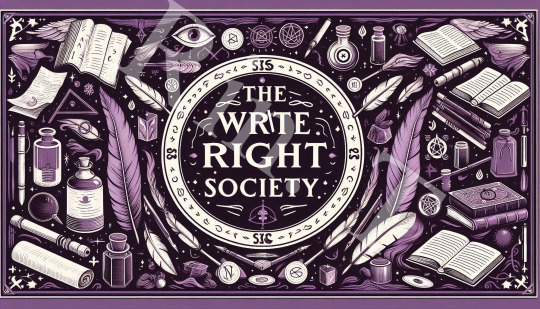
#writeblr#writing#writing tips#writers block#creative writing#on writing#writers and poets#how to write#writers on tumblr#thewriteadviceforwriters#amwriting#writingtips#writing tips and tricks#writing craft#antagonist#morally grey villain#tropes#characters#heroes and villains#writing advice#romance writing#writing a book#writing blog#novel writing#writing community#writing guide#writing ideas#writing inspiration#writing prompts#writing reference
770 notes
·
View notes
Text

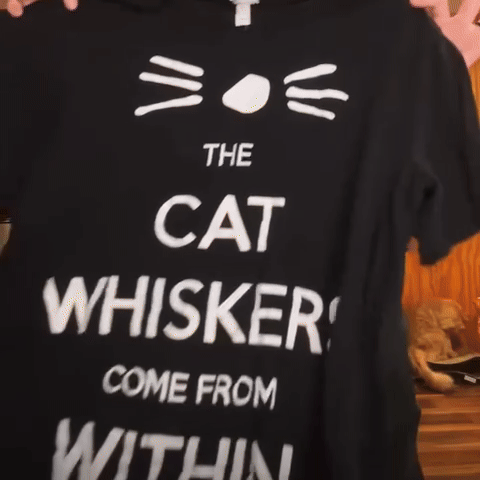
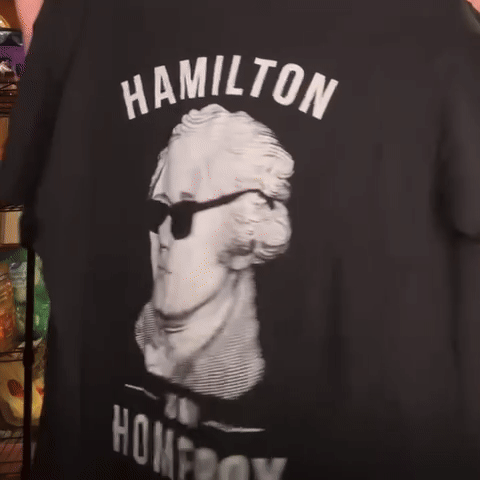
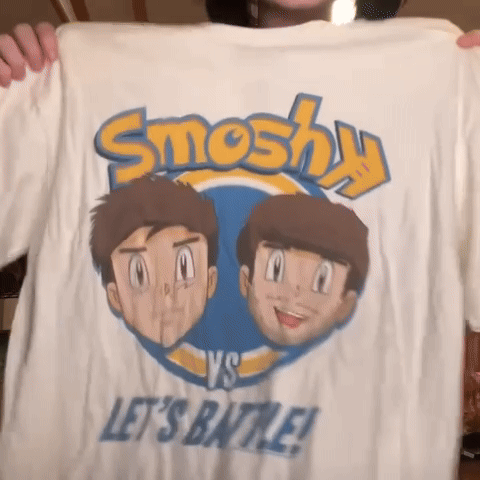
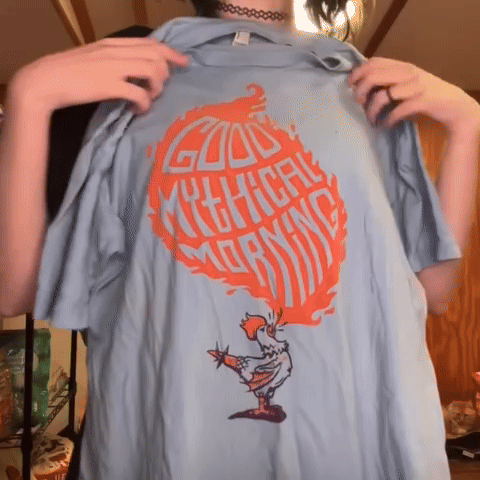

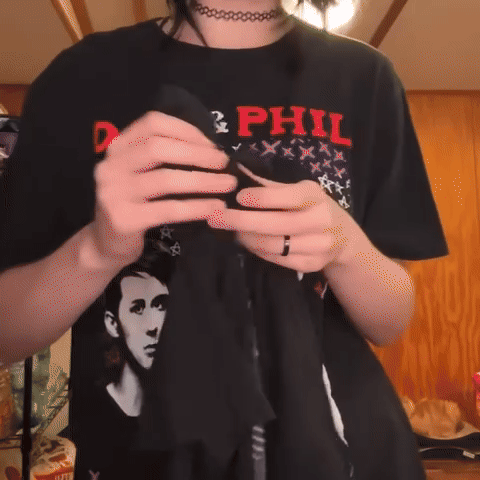
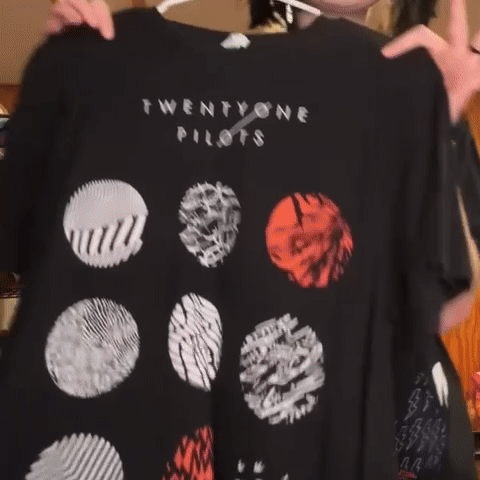
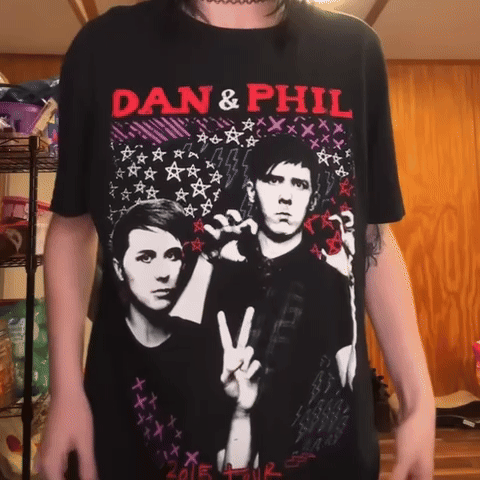
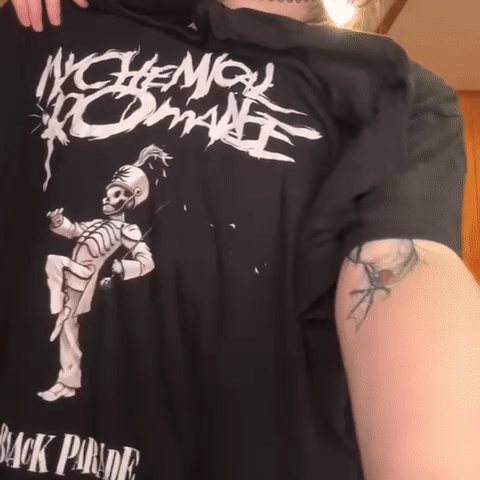

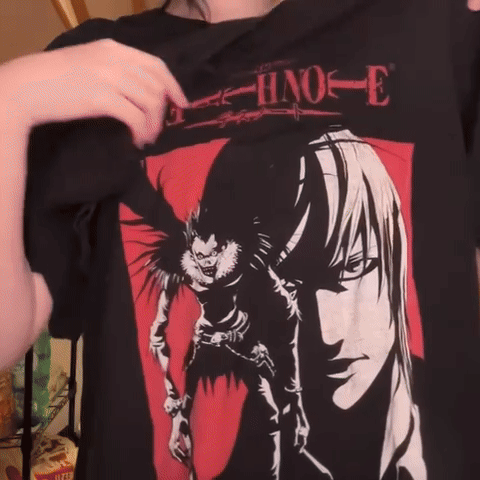
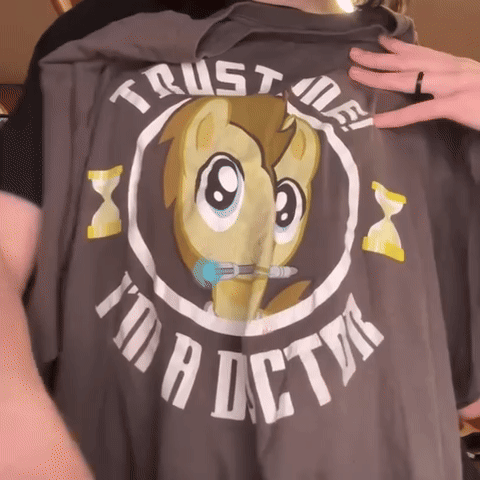
2017 Relics; {Credit}
#visual stim#stim#stimblr#stimboard#stim gifs#gifset#stim gif#my gifs#emo#emo stim#2017#internetcore#black#brown#red#blue#grey#orange#shirt#fashion#cringe#mlp#dan and phil#death note#my little pony#my chemical romance#twenty one pilots#smosh#good mythical morning#youtubers
501 notes
·
View notes
Text
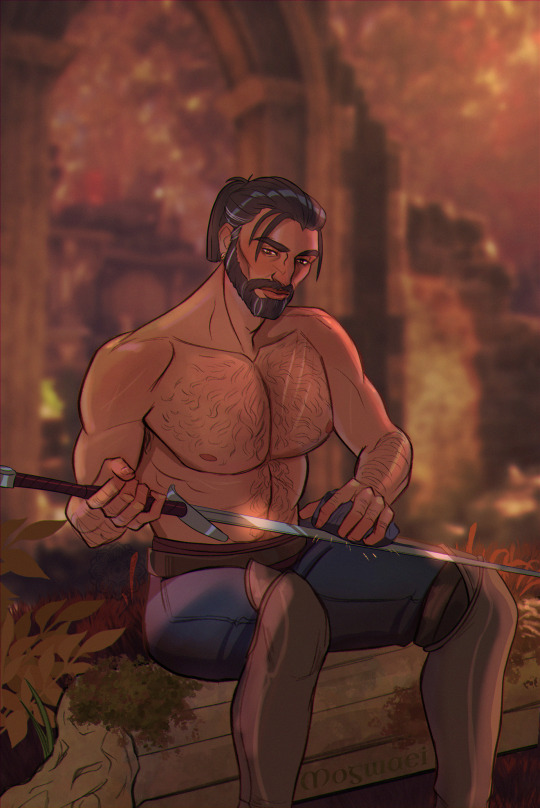
that old man warden who made me love him and then fucking died in a span of 5 whole minutes
(dedicated to the thirsty duncan anon)
#dragon age#dragon age origins#duncan dragon age#grey warden#dragon age fanart#mogwaei arts#I guess Solas will be my one love forever because everyone else i wanted to romance is either dead or cannot be romanced.#cursed to thirst over pixelated bastards uwu#also i can't tell if he's super desaturated or orange bc all my devices are telling me something different 😭
356 notes
·
View notes
Text







Lady Jane Grey & Lord Guildford Dudley in MY LADY JANE (2024)
#my lady jane#lady jane grey#jane grey#lord guildford dudley#guilford dudley#jane x guildford#amazon prime#amazon#tv gifs#tvedit#romance gifs#myladyjaneedit#perioddramaedit#perioddramasource#mine
722 notes
·
View notes